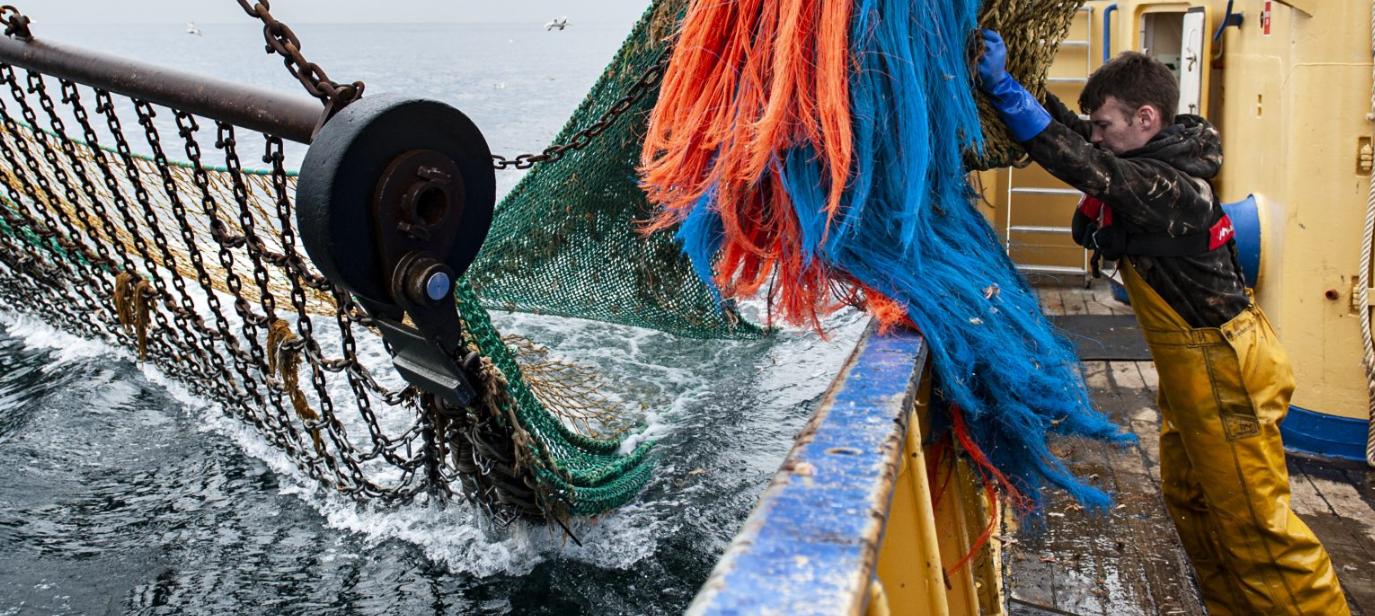Being a deck hand is the standard entry point for those with limited experience and qualifications. Your main responsibilities will involve maintaining the exterior of the boat on which you’re working and keeping the decks clean at all times. Working hours can be long and at unsociable times; you’ll be most likely to find yourself doing painting, cleaning, sanding and varnishing amongst many other responsibilities. It’s a great way to get started and earn your stripes, while learning all about the industry.
You might find that a few years’ experience working in other heavy labour jobs will stand you in good stead for getting a job as a deck hand. This will prove to your potential employers that you’re not afraid of a bit of hard work and long hours. Having said that, there are plenty of employers who will hire you off the street if you’re willing enough.
You’ll need to be physically fit, healthy and relatively young to succeed as a deck hand. You need to be able to handle long periods of hard work so fitness is a must.
Becoming a skipper
The next step up from being a deck hand is usually becoming a skipper. If you do a good job as a deck hand, you may find yourself being bumped up a level. The responsibilities of a skipper are more concerned with navigation, crew organisation and catching and processing the fish.
Pay for being a skipper depends largely on the type of boat and which fish you are hunting. But in the right situation, a skipper can earn a handsome wage indeed.
You need to have a solid knowledge of the sea, boats and the industry to become a skipper. There may be some training courses that you’re required to complete prior to starting work and you’ll also need a sound knowledge of the waters in which you’ll be fishing. There are some great courses out there including the MCA/RYA Yachtmaster Certificate of Competence which will be an impressive qualification to have in your armoury. You’ll learn all about boat handling, navigation and buoy-age amongst many other things. You will need to refresh your certificate every few years to ensure you are as informed as you can be and are actively working up to standard.
Dangerous business
Studies have regularly shown the fishing industry to be one of the most dangerous in which you can work. The reasons for this are plenty and can range from bad weather through to poorly maintained vessels. There are also a lot of accidents that occur due to lack of knowledge or faulty equipment.
However, due to improved practice and greater requirements for experience and quality of machinery, the danger isn’t quite as high as it once was. Making sure that you have plenty of experience and knowledge is the best way to protect yourself against the dangers of fishing.
There are countless opportunities in the fishing industry and although it’s slightly on the decline, you’ll almost certainly enjoy a long career in the industry if you’re willing to put in the hard work. It’s a very rewarding job and sometimes the risks and efforts involved are well-rewarded financially.


